Perhaps they are just Beijing’s ‘useful idiots’. But one of the good things to come out of the Voice referendum is the exposure of a powerful, Soros-like corporate adjunct to Australia’s ruling class of elites.
We now know this class reaches into the very heart of the big corporations, big banks and big sports.
It is now clearly on the far, or in ALP factional terms, ‘hard’ left, Anthony Albanese’s home before he moved both into the Lodge and onto his own Air Force One, ‘Toto 1’. He has indicated his heart remains with the hard left.
It was, incidentally, on Toto 1 that he flew key corporate allies, including Alan Joyce, to fill the numbers at a no doubt important ‘jobs and skills summit’.
This is not the far left of the old communist parties. It is the new Marxism, the new communism, which dominates so much of Western intellectual thought.
The proponents would be outraged to be described as ‘new communists’. (Never say ‘neo-Marxists’; few will understand.) But that is exactly what they are.
Without fear of any riposte from someone like Oscar Wilde’s Gwendolen, we should call a spade a spade. We do not have to use obscure terms to hide our real meaning, as the politicians who are destroying the electricity grid do when they talk about ‘dispatchable power’.
They won’t say what they mean, because the truth is embarrassing. They can hardly admit to keeping some ‘cheap and reliable electricity’ – they are planning to replace that with what they know to be very expensive and unreliable. They do this even when they know they are following the crackpot ‘science’ the comrades are laughing about in Beijing as they rake in the billions our politicians are curiously pouring into their bank accounts.
Encouraged by Beijing, the actual beliefs the ruling class pushes on to us would not be tolerated for a moment in Communist China. As leading political strategist, Rick Brown, observes, quoting Keynes, ‘the power of vested interests is vastly exaggerated, compared with the gradual encroachment of ideas’. (Brown was crucial in winning the 1999 referendum, as revealed in an ADH TV interview.) So why does the ruling class want to destroy Australia?
The temptation hitherto would be to dismiss all this as paranoia on my part. Until the Voice, evidence of this corporate adjunct was isolated and piecemeal.
But just as Coutts Bank chose the wrong victim in Nigel Farage and exposed a hitherto secret outrage at the heart of British banking, so Anthony Albanese committed a tactical blunder in making only Yes donations tax-deductible, thereby encouraging his allies to expose themselves publicly. He capped this off by anointing Alan Joyce as the corporate face of the Voice, a project which could well be his own Operation Barbarossa.
It is now clear from their campaigning and use of corporate funds, that many on the boards of big business, big banks and big sports are an intrinsic part of a new ruling class which consists of the elites, politicians with executive power, much of the big media and of course the intelligentsia.
There are curious differences these days in appointing directors to boards of enterprises long ago established by entrepreneurs. Being an entrepreneur once required courage and was much of a lottery. The successful entrepreneur and his or her family were only then well rewarded. In due course, the business functioned well, and directors were appointed, rewarded with salaries commensurate with the professional classes.
But in recent years, on the questionable basis that businesses must compete world-wide for the best executives, the argument has been that they must be paid at the international level, in effect, as if they were successful entrepreneurs. Thus, we see some truly extraordinary returns.
In a competitive market, this is no one’s business but the shareholders. But where competition is regulated, improper considerations may intrude. This will be especially so when corporations, who do not vote in elections or referendums, join in a political campaign. The Voice has exposed a serious malady calling out for reform.
This is not to allege any financial impropriety in this referendum. But while corporations frequently give political donations, hitherto corporations did not campaign.
In this referendum, corporations (not individual directors acting privately) have generously advantaged and campaigned openly for the Yes case. This goes beyond what was formerly considered acceptable.
We have seen the corporate outreach of the hard left being indifferent or hostile to small business, and what may be called mum-and-dad farmers, and the traditionally religious.
They seem to be constantly travelling with even access to charter flights and corporate jets. There is an air of cosmopolitanism about them rather than any strong attachment to Australia. Above all, they seem to endorse many or all of the far-left ideas flowing in from the far left of the United States.
They work closely with government, which is the dangerous aspect.
Stakeholder capitalism seems a derivation of the state capitalism practised by authoritarian regimes and perfected by Beijing when the failure of central planning led to the fall of the Soviet Union.
The self-exposure of the corporate adjunct of the hard-left ruling class will, I believe, prove to be a serious error, one compounded by the Albanese government enjoying a record media honeymoon and an Aboriginal industry which refuses to accept the underlying reasons for the gap.
From the announcement, my opinion here has consistently been that the referendum was doomed.
In January, when polling indicated support at 46 per cent Yes to 30 per cent No, this was widely misinterpreted as good news for the Yes case. At that stage, Yes needed to be approaching 60 per cent.
In the 1999 republic referendum, there was little sympathy for the No case on corporate boards. Had they campaigned for the Yes case, I believe that rather than the winning margin being 55:45, it would have been closer to 60:40.
Got something to add? Join the discussion and comment below.
Get 10 issues for just $10
Subscribe to The Spectator Australia today for the next 10 magazine issues, plus full online access, for just $10.
You might disagree with half of it, but you’ll enjoy reading all of it. Try your first month for free, then just $2 a week for the remainder of your first year.

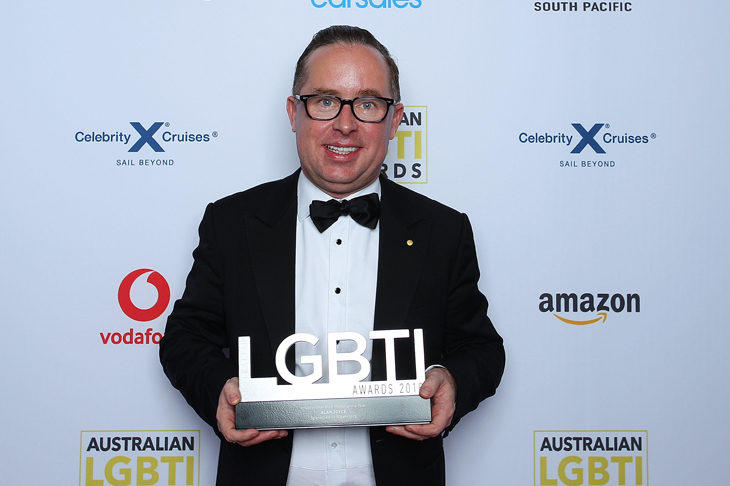
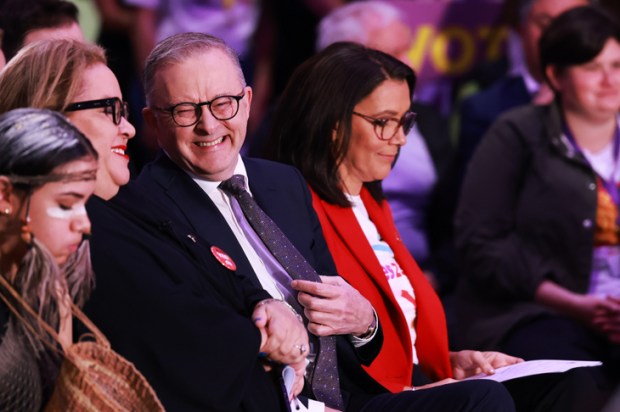
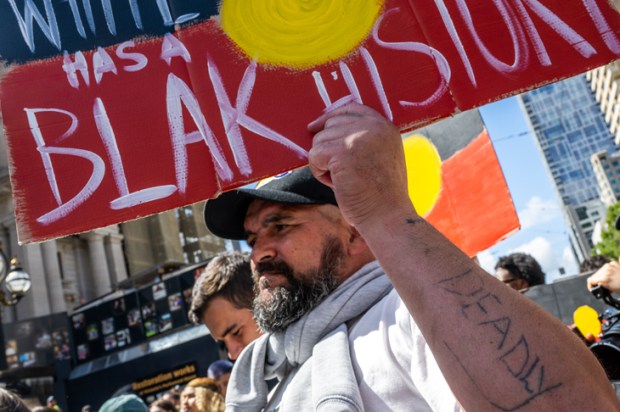
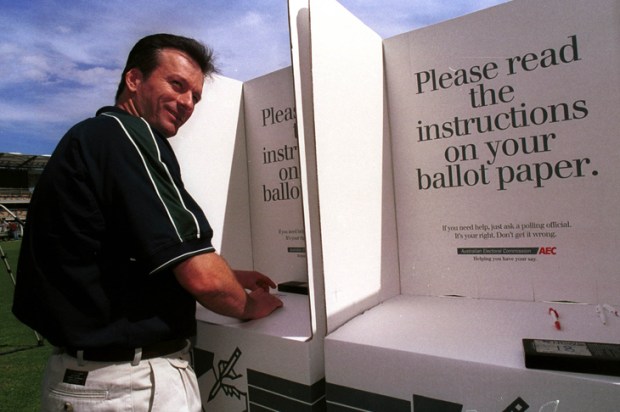
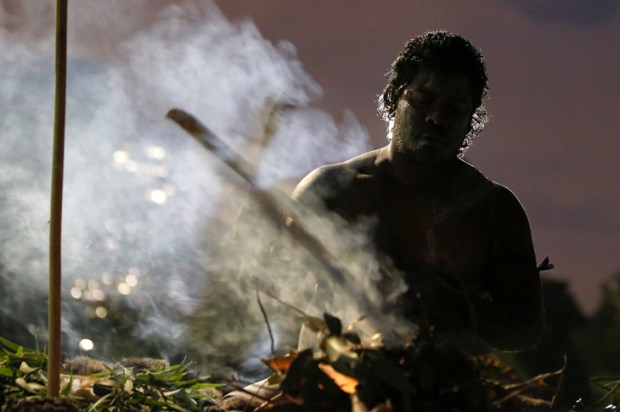
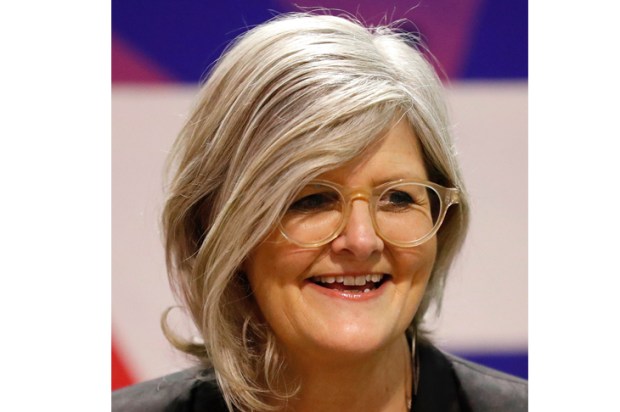
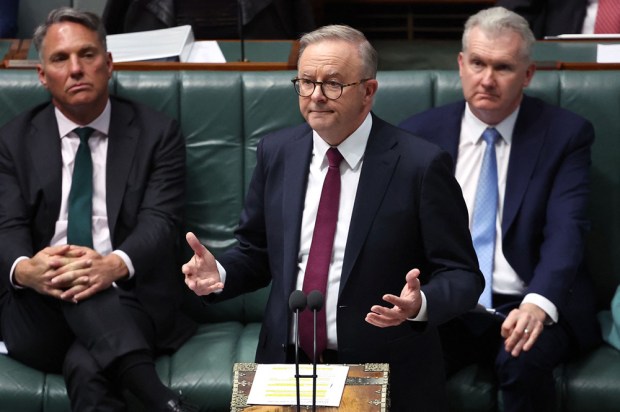






Comments
Don't miss out
Join the conversation with other Spectator Australia readers. Subscribe to leave a comment.
SUBSCRIBEAlready a subscriber? Log in